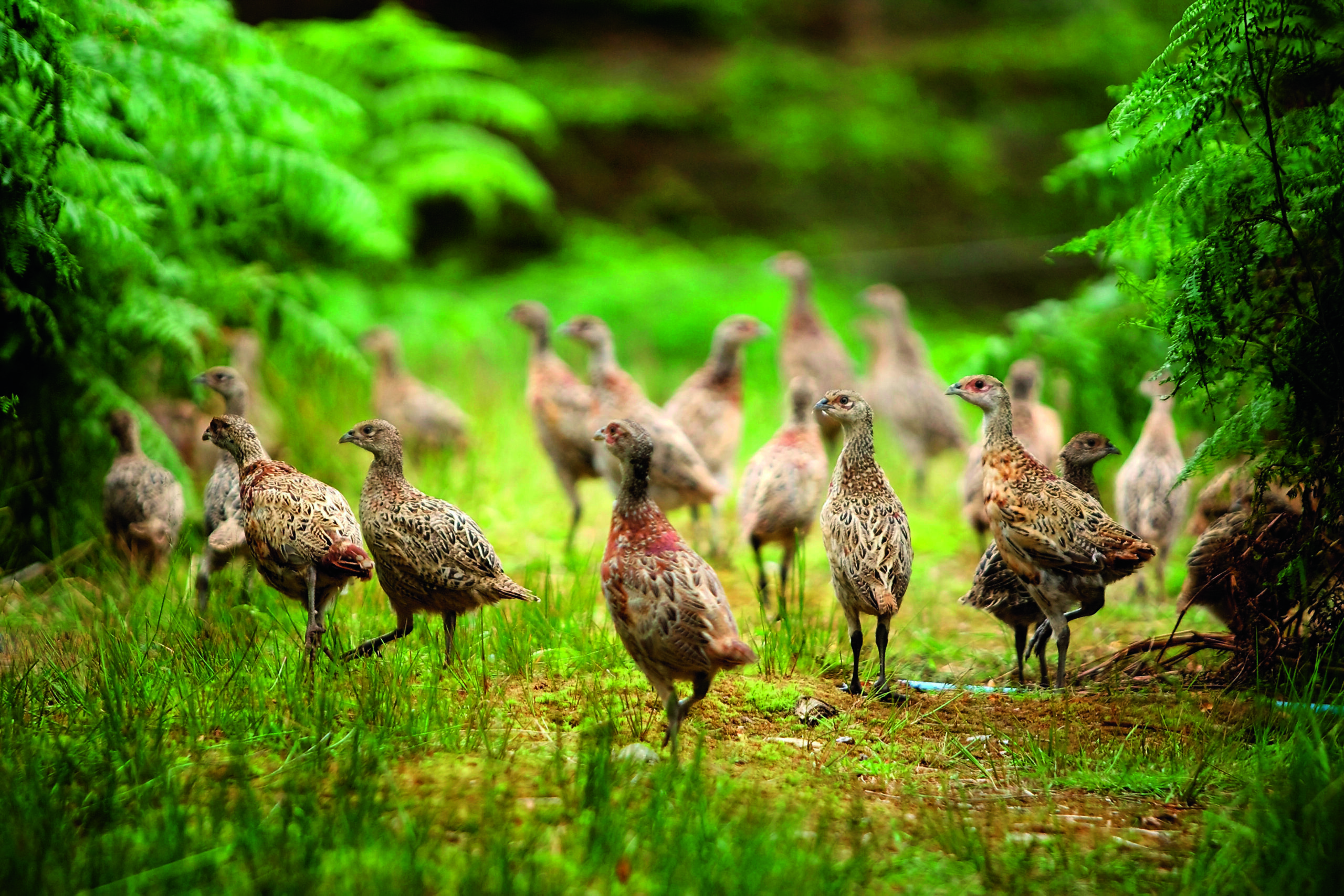Gene-edited chickens show bird flu resistance
There are hopes that the exciting scientific development could be used to protect gamebirds from future avian influenza outbreaks.

Researchers have developed gene-edited chickens that are partially resistant to avian influenza (AI). Chickens belong to the same family of birds as pheasants – galliformes or landfowl – a group that also includes grouse, quail and peacock.
The spread of AI has widely affected game shooters and wildfowlers in the UK over the past few seasons. The release of gamebirds has been subject to far greater licensing restrictions (GL43) as a result of largely discredited risk assessments on AI published by Defra. In the winter of 2021/22 on the Solway Firth, AI killed at least 13, 200 barnacle geese. Last winter, up to 5,000 Greenland barnacle geese died on Islay, as well as hundreds of ducks, swans and other geese species.
Researchers say their latest gene-editing results suggest that making further changes to the chickens’ DNA could produce fully immune birds. Prof Mike McGrew of the University of Edinburgh said: “When we did these edits in the cells, there was no growth of the virus at all. The changes stopped all replication of the flu.”
Parliament passed legislation earlier this year that permits the same gene-editing techniques to be applied to farming, which could include pheasants and partridges.
Liam Bell, former chairman of the National Gamekeepers’ Organisation, said: “This could be very positive news. If it were possible to apply this exciting scientific development in resistance to AI to other birds including gamebirds, it could one day be another tool in the biosecurity toolbox.”
Dominic Boulton, game sector representative on the Defra National Avian Disease Core Group and former chairman of the Game Farmers’ Association, told ST: “We will follow this project with interest but will wait for the evidence to be reviewed by the broader scientific community. It is not clear which of the many strains of AI this research relates to. It will still be a long while before we see any positive change on the ground within the gamebird sector.”
This story first appeared in Shooting Times, Britain’s oldest and best-selling shooting magazine. Published every Wednesday, the 141-year-old title has long been at the coalface of the countryside, breaking the stories that matter to you. Subscribe here.








